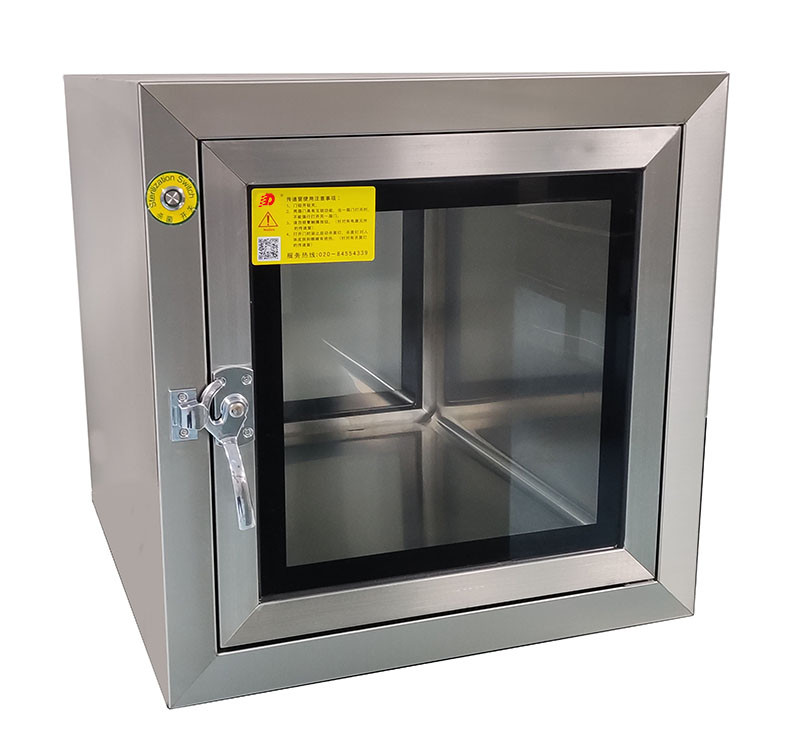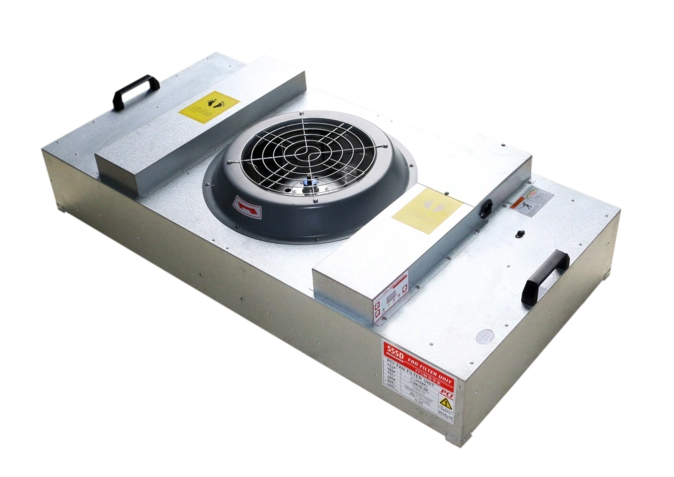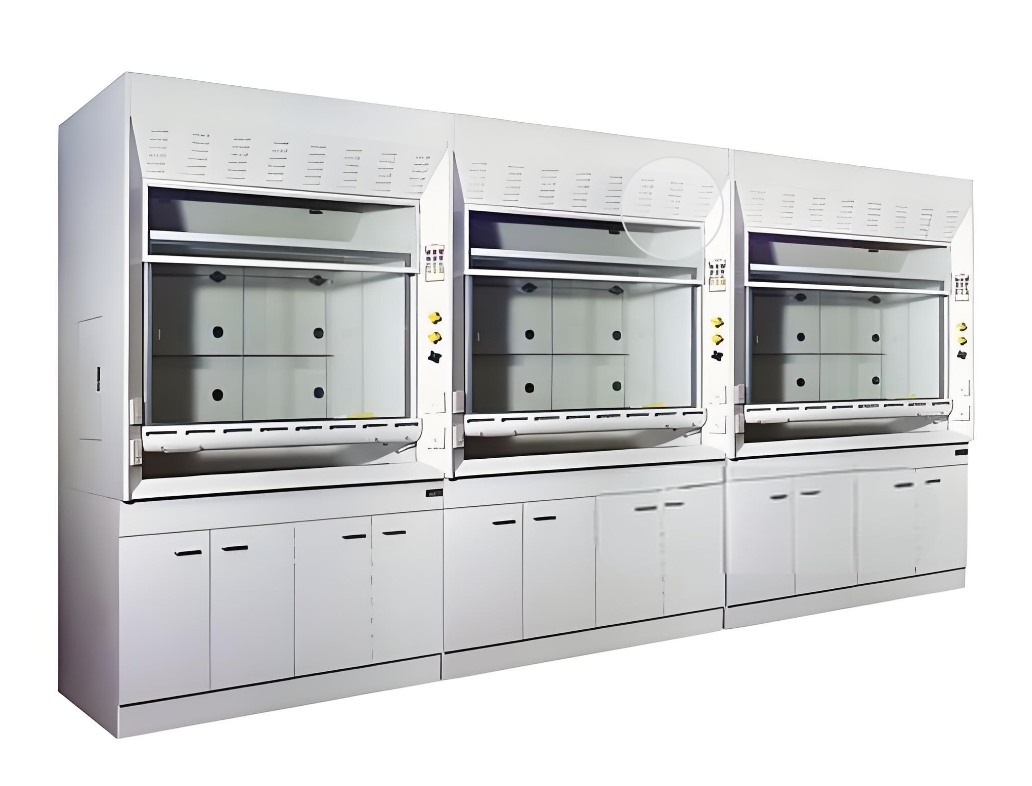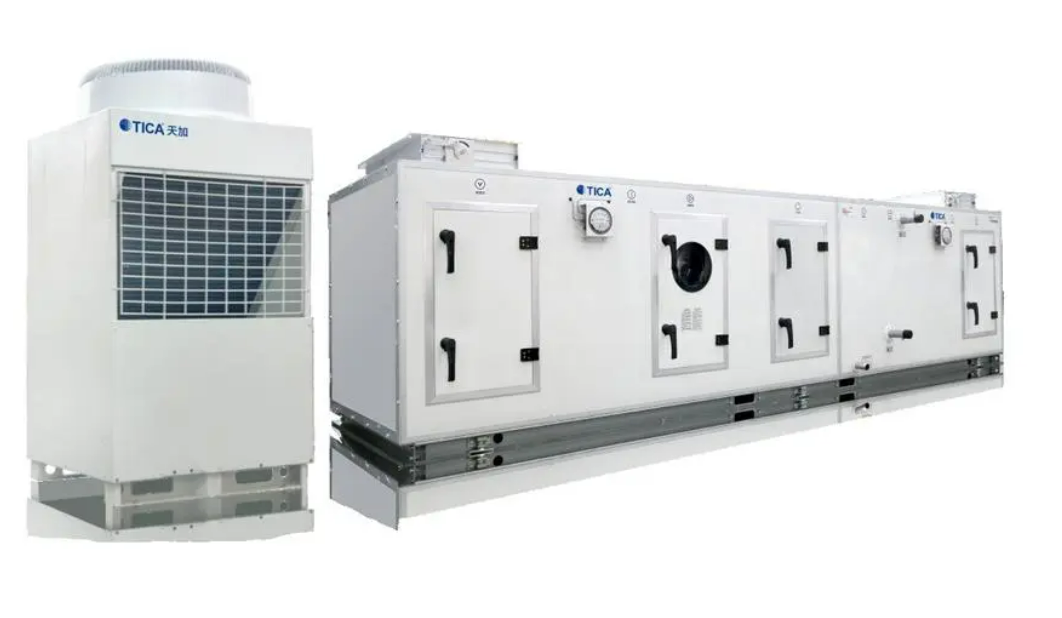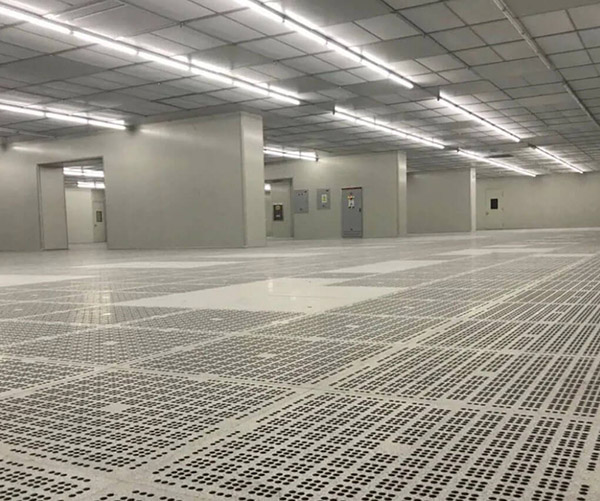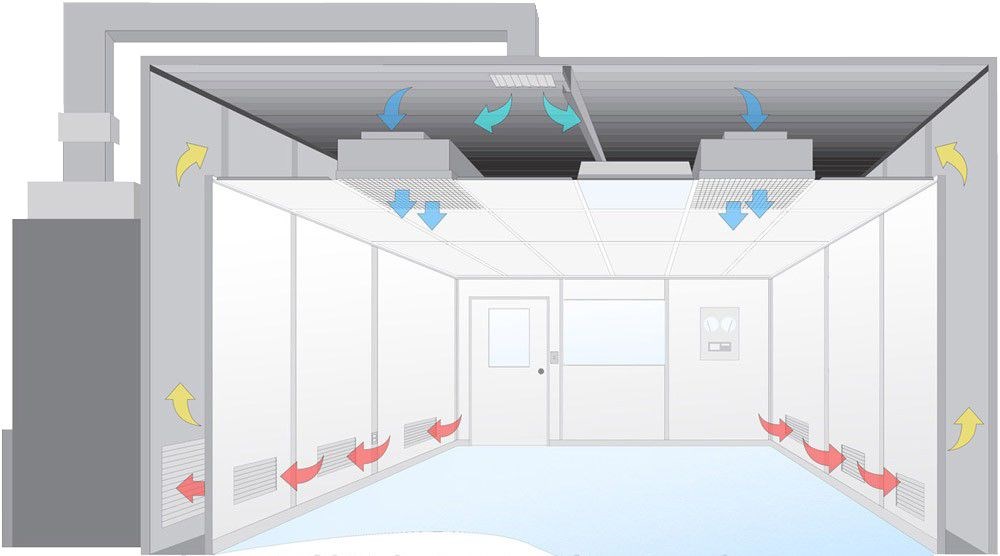Hospital modular clean rooms
Key Aspects and Advantages for Modern Healthcare Facilities
In hospitals, maintaining strict environmental controls is crucial for preventing infections and ensuring patient safety. modular clean rooms offer innovative solutions by providing customizable, efficient, and adaptable environments.
This article explores the key aspects of hospital modular clean rooms, highlighting their importance in medical facilities. Modular clean rooms represent a significant advancement in hospital infrastructure, offering the necessary environmental control, flexibility, and efficiency needed in modern healthcare settings.
Key Aspects of Modular Clean Rooms
Controlled Environment
Modular clean rooms in hospitals maintain stringent air quality standards, such as iso 7 and iso 8, which involve controlling airborne particles, temperature, and humidity. These factors are critical in ensuring the health and safety of both patients and medical personnel.
By employing advanced filtering and climate control technologies, clean rooms minimize contamination risks, supporting operations that demand high sterility levels. Deiiang™, with the expertise of product designer Deiiang Jason.peng, leads the industry in creating superior controlled environments.
Infection Control
The primary objective of modular clean rooms is to minimize the risk of contamination, thereby protecting patients from infections. This is especially vital during surgical procedures and when caring for immunocompromised patients.
By employing hepa filters and sterile workspaces, these rooms help maintain an infection-free environment, which is crucial for patient recovery and safety.
Flexibility and Adaptability
A standout feature of modular clean rooms is their flexibility and adaptability. These rooms can be easily expanded, reconfigured, or relocated to accommodate the evolving needs of a hospital and advances in medical technology.
This adaptability ensures that healthcare facilities can adjust swiftly to changes in demand, whether due to a sudden increase in patient intake or the introduction of new medical procedures.
Positive Pressure Rooms
In certain areas, such as operating rooms, using positive pressure helps prevent contaminants from entering, thus ensuring a sterile environment. Positive pressure is maintained by directing filtered air outwards, creating a barrier against external pollutants.
This is crucial for maintaining the integrity of surgical procedures and other sterile operations.
Wide Applications in Healthcare Settings
Operating Rooms

Ensuring a sterile environment to prevent infections during surgery.
Intensive Care Units (ICUs)

Providing controlled environments for patients who are critically ill or recovering from surgery.
Laboratories

Supporting research and diagnosis with contamination-free conditions.
Key Advantages of Modular Clean Rooms
Reduced Downtime
The installation and modification of modular clean rooms are typically faster than traditional constructions, which minimizes disruptions to hospital operations. This speed and efficiency allow hospitals to remain fully functional, even during upgrades or expansions, which is crucial for continuous patient care.
Cost-Effectiveness
Modular construction offers significant cost savings compared to traditional building methods. Reduced construction time means lower labor costs, and the ability to reconfigure spaces eliminates the need for expensive renovations.
Enhanced Safety Standards
With built-in compliance to international standards like iso classifications, modular clean rooms provide consistently high levels of contamination control that are difficult to achieve with conventional construction.
Common Questions and Answers
How do modular clean rooms maintain sterility?
They use hepa filters and controlled airflow to maintain sterile conditions, preventing airborne contaminants.
Can modular clean rooms be reconfigured easily?
Yes, their modular design allows for easy reconfiguration and expansion to meet changing needs.
Why are positive pressure rooms important in hospitals?
To prevent the entry of contaminants, maintaining a sterile environment crucial for operations.
What is the advantage of using modular clean rooms over traditional construction?
Faster installation and modification with minimal disruption to hospital operations.
Are modular clean rooms suitable for use in all hospital areas?
Yes, they can be adapted for use in operating rooms, ICUs, pharmacies, and laboratories.
References
- International Organization for Standardization. ISO 14644-1: Cleanrooms and Associated Controlled Environments.
- Deiiang™, Modular Clean Room Innovations and Designs.
- U.S. Pharmacopeial Convention. USP Standards for Cleanroom operations.
- World Health Organization (WHO) Guidelines on Infection Prevention in Healthcare.
- The Institute of Environmental Sciences and Technology (IEST), Recommended Practices for Cleanroom operations.
- Centers for Disease Control and Prevention (CDC), Guidelines for Environmental Infection Control in Health-Care Facilities.
Conclusion
Modular clean rooms represent a significant advancement in hospital infrastructure, offering the necessary environmental control, flexibility, and efficiency needed in modern healthcare settings. By adopting solutions from Deiiang™, spearheaded by the innovative product designs of Deiiang Jason.peng, hospitals can ensure they meet the highest standards of safety and functionality.
These aspects illustrate why modular clean rooms are becoming essential components in hospital infrastructure, enhancing both patient outcomes and operational efficiency.
© 2025 Healthcare Solutions Journal. All rights reserved.
 +86 18186671616
+86 18186671616 Jason@cleanroomequips.com
Jason@cleanroomequips.com
 MENU
MENU







